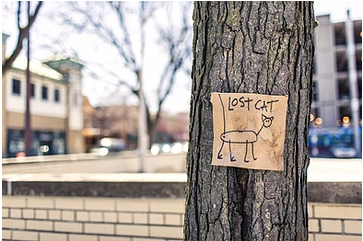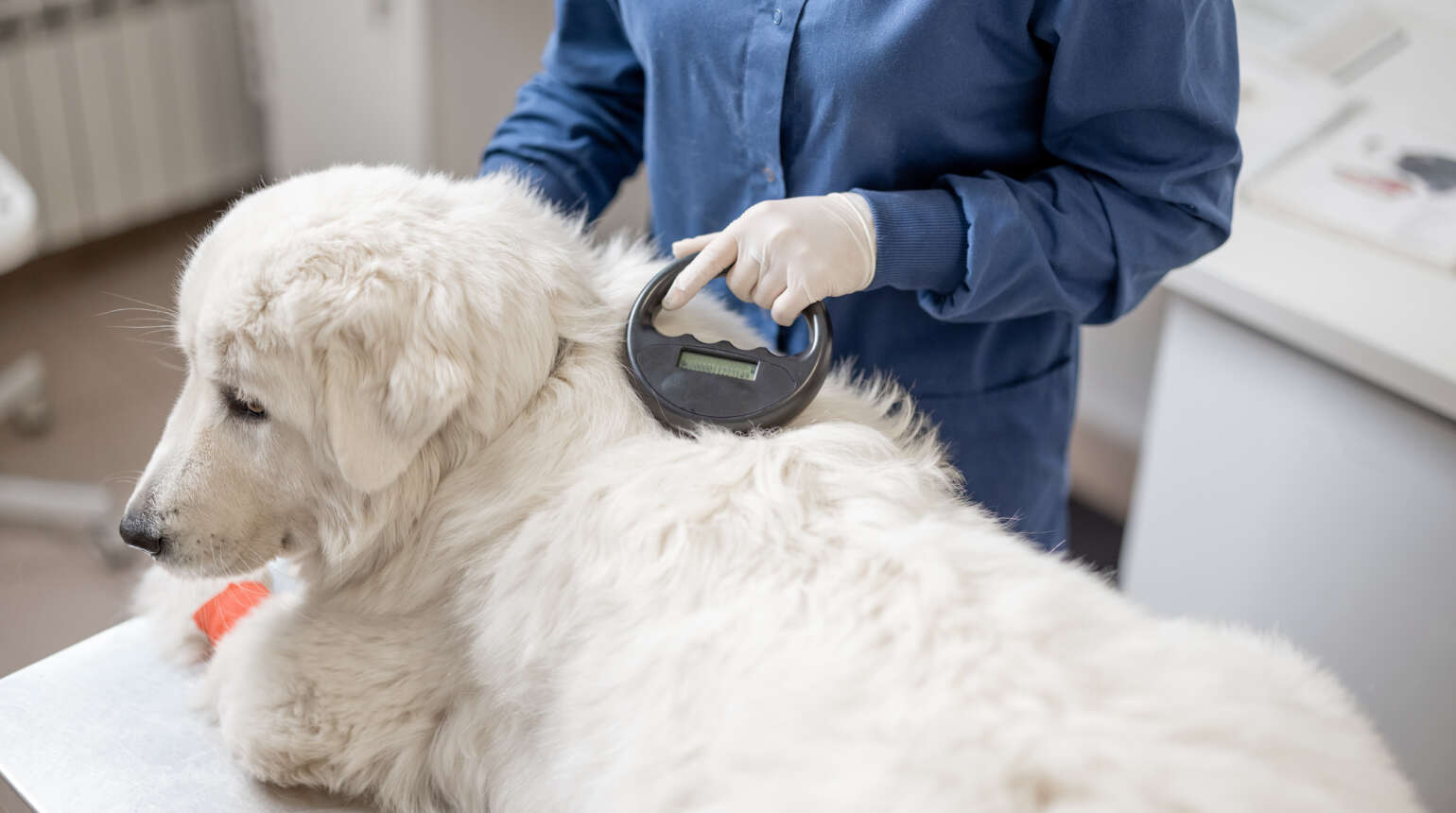It is heartwarming to hear miraculous stories of pets reuniting with their owners after a long period of time or a long distance, thanks to their microchip identification! A few months ago, Jasper, a dog that had gone missing eight years ago, was reunited with his owner in Louisiana after being surrendered and identified in Houston. Similarly, Willow, a calico cat, disappeared from her home in Boulder, Colorado and turned up five years and 1,800 miles later in New York City.
If you’ve moved or changed your contact information since registering or updating your pet’s microchip, take five minutes to do so now. In the case that your pet runs away or is stolen, their collar with an identification tag may break, slip off or be taken off. A microchip with updated information is a permanent way to make sure your pet can be identified if they are found.
When a lost dog or cat is brought into a shelter or vet clinic, the first thing the facility personnel will do is scan for a microchip to reveal the pet’s unique identification number. That number will be called into the pet recovery service, and you will be contacted using the information on file with your pet’s microchip.
Here are a few common questions about microchips:
How many times do I need to microchip my pet?
A microchip will normally last the lifetime of your pet because it is composed of biocompatible, non-toxic materials that will not degenerate over time.
Does it hurt my pet to put in a microchip?
The initial injection will not hurt more than any other vaccination your pet will receive. After the injection, the microchip will not cause your dog or cat any pain or discomfort at all.
Isn’t microchipping only for dogs?
Both cats and dogs need to be microchipped. Cats often do not wear collars, and may not have any other form of ID. A recent study showed that less than 2% of lost cats without microchips were returned home. However, if a cat is microchipped, the return-to-owner rate is 20 times higher.
Can anyone with a scanner access my contact information from the chip?
Your pet’s microchip only carries a unique identification number, not the contact information associated with it. Similarly, people who have your pet’s microchip identification number cannot track the geography or location of your pet through it. While it keeps your privacy safe from those who may have a scanner used in a vet clinic or animal shelter, it is important to register your pet’s microchip and to keep your contact information up to date in case of an emergency.
If your dog or cat does not have a microchip, contact one of our clinics to set up an appointment today!



